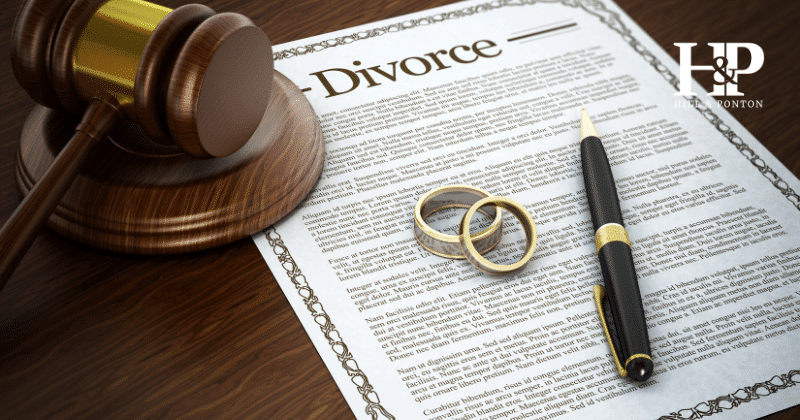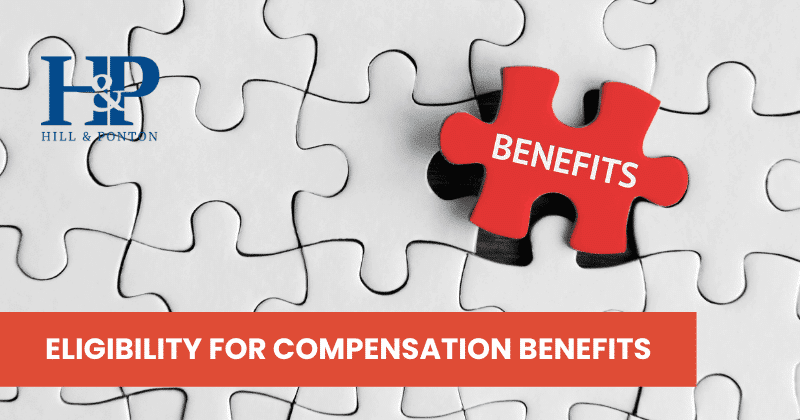Key Points:
- Eligibility Unchanged by Legal Separation: VA benefits for spouses remain until divorce is finalized.
- VA Disability Benefits & Divorce: These benefits are protected under federal law during divorce and cannot be divided by courts. However, state laws may influence asset division.
- Garnishment for Child Support & Alimony: VA can garnish disability payments for child support or alimony, but with limitations. Garnishment is contingent on financial hardship, marital conduct, and living situations.
- Child Support Considerations: Family courts can consider VA disability income when determining child support obligations.
- Apportionment: Divorced spouses may apply for a portion of the veteran’s disability compensation due to financial need, under specific conditions.
Navigating life after a divorce can bring about significant changes, especially for former military families.
One area of concern often revolves around the eligibility for Veterans Affairs (VA) benefits.
It’s crucial to understand that legal separation does not immediately affect entitlement to spousal benefits; these changes only come into effect once the divorce is finalized.
Summary of Divorced Spouses’ Benefits
Here’s a short list of the benefits divorced spouses are entitled to:
- Health Benefits: Eligibility for VA health insurance persists under the 20/20/20 rule (20 years marriage, 20 years of military service, 20 years overlap). Lesser coverage options are available under different conditions.
- Military ID, Retired Pay, and Shopping Privileges: Retainable under the 20/20/20 rule, providing access to discounts and tax-free shopping.
- Survivor Benefit Plan: Divorced spouses can be designated beneficiaries within a year of divorce, with conditions on remarriage.
VA Disability Benefits and Divorce Proceedings
A common misconception is that VA disability benefits are up for grabs during divorce settlements.
Under federal law, these benefits are not considered an asset and thus, are protected from division between the former spouses in divorce proceedings.
This protection underscores the unique nature of the compensation intended for the veteran.
However, it’s important to note that the interpretation of how assets are divided can vary by state, adding a layer of complexity to divorce proceedings involving veterans.
Legal professionals play a key role in navigating these nuances, ensuring both parties are well-informed about their rights and obligations.
Despite the general protection of VA disability benefits from direct division, there are instances where these benefits can be garnished.
The primary reasons for garnishment include child support and alimony obligations.
If a veteran fails to meet these financial responsibilities, the VA can withhold a portion of the disability payments—ranging from 20 to 50 percent, depending on the number of legal dependents—to ensure compliance.
This mechanism highlights the VA’s commitment to supporting both veterans and their families, ensuring financial obligations are met even when personal circumstances change.
Child Support and Apportionment
The calculation of child support payments is another area where VA disability income plays a role.
Unlike the division of marital assets, family courts can consider disability compensation when determining child support.
This ensures that the financial well-being of the children involved is maintained, reflecting the broader principle of supporting family members post-service.
In cases where a direct financial need is demonstrated, divorced spouses may seek apportionment—a process where the VA redirects a portion of the veteran’s disability compensation to the spouse, child, or dependent parent.
This option is particularly relevant for those who can prove a legitimate financial hardship and is subject to specific criteria, such as non-cohabitation and evidence of financial need.
Apportionment requests are carefully evaluated to ensure they do not impose undue financial hardship on the veteran, balancing the needs of both parties.



